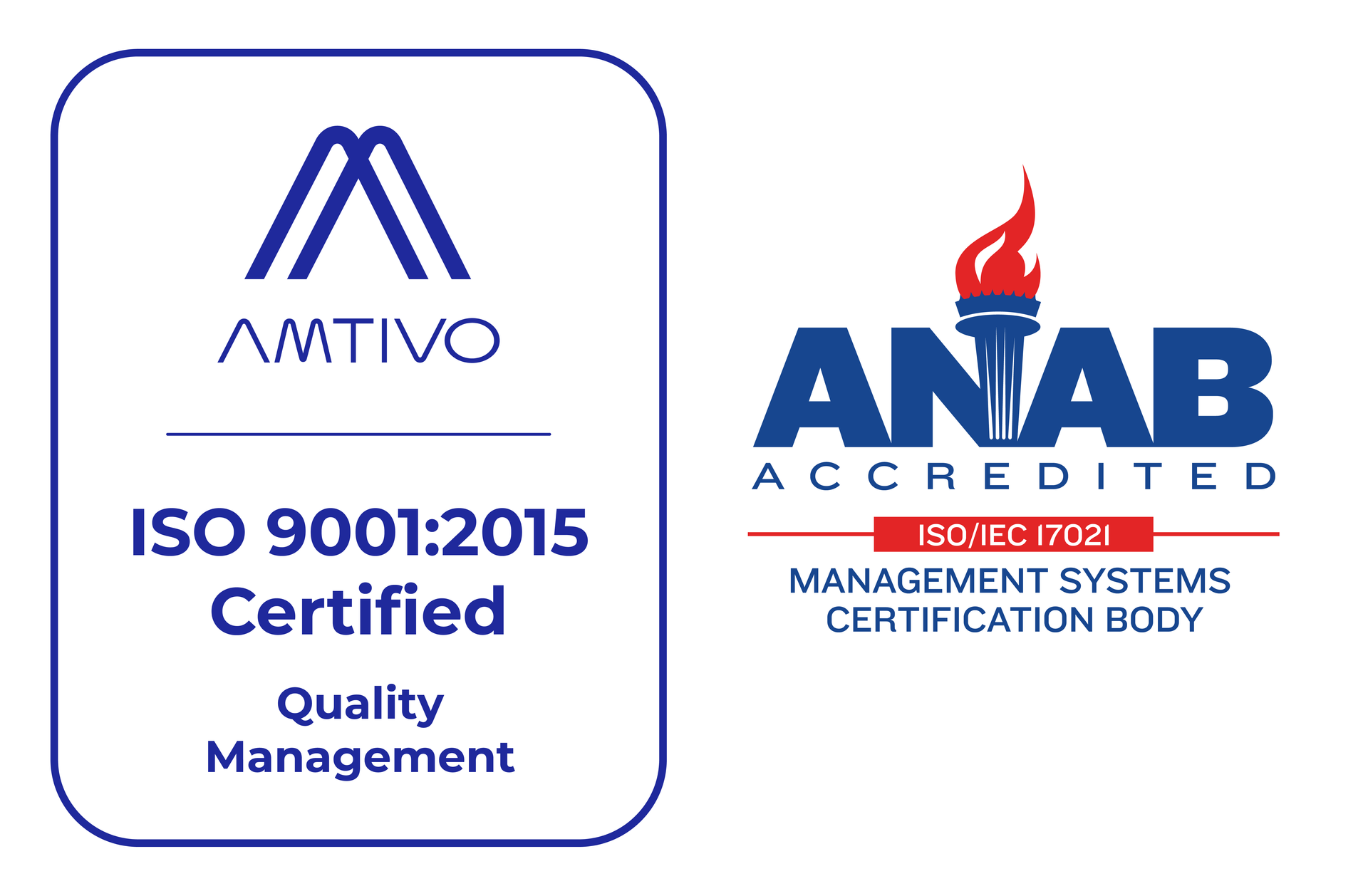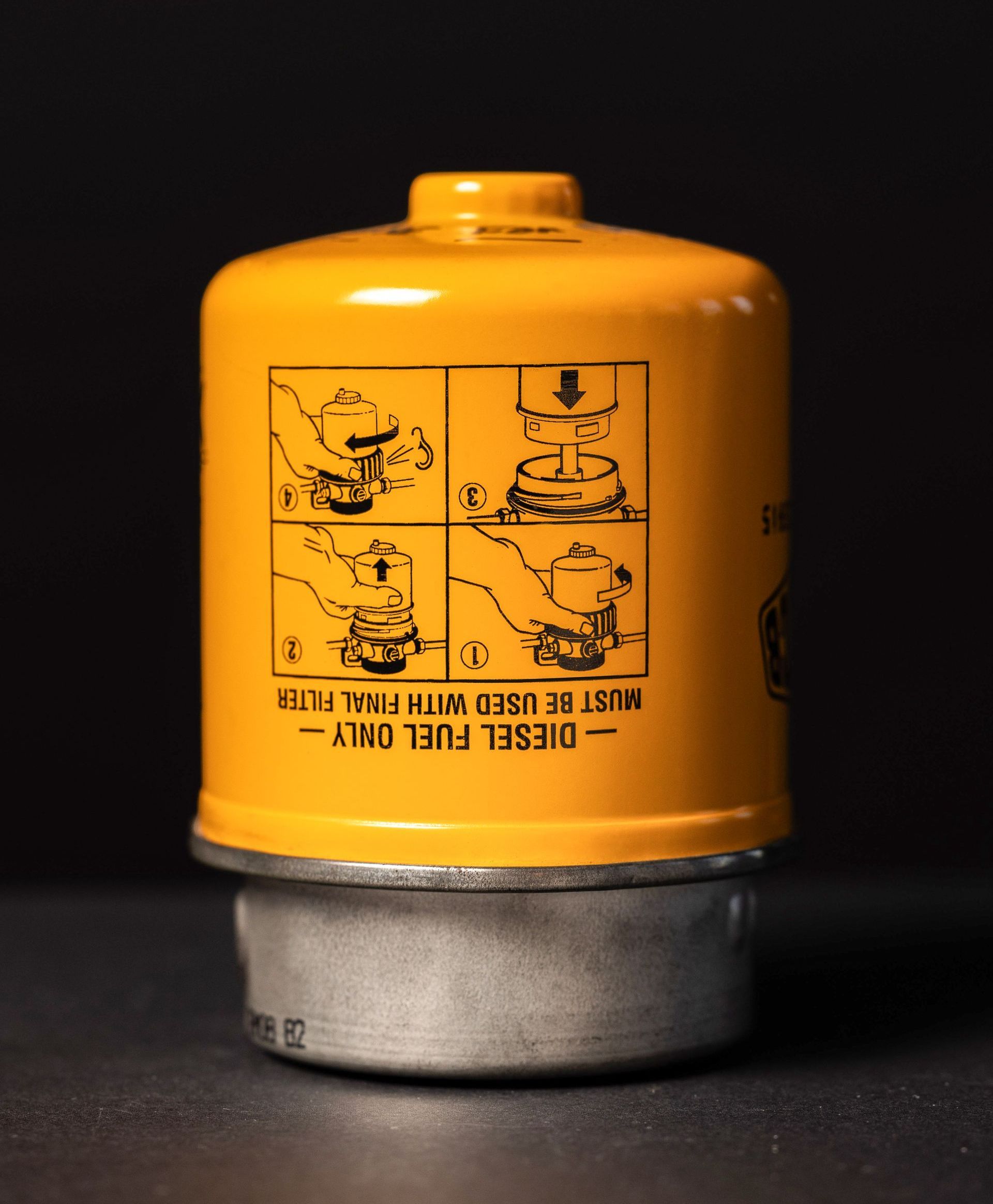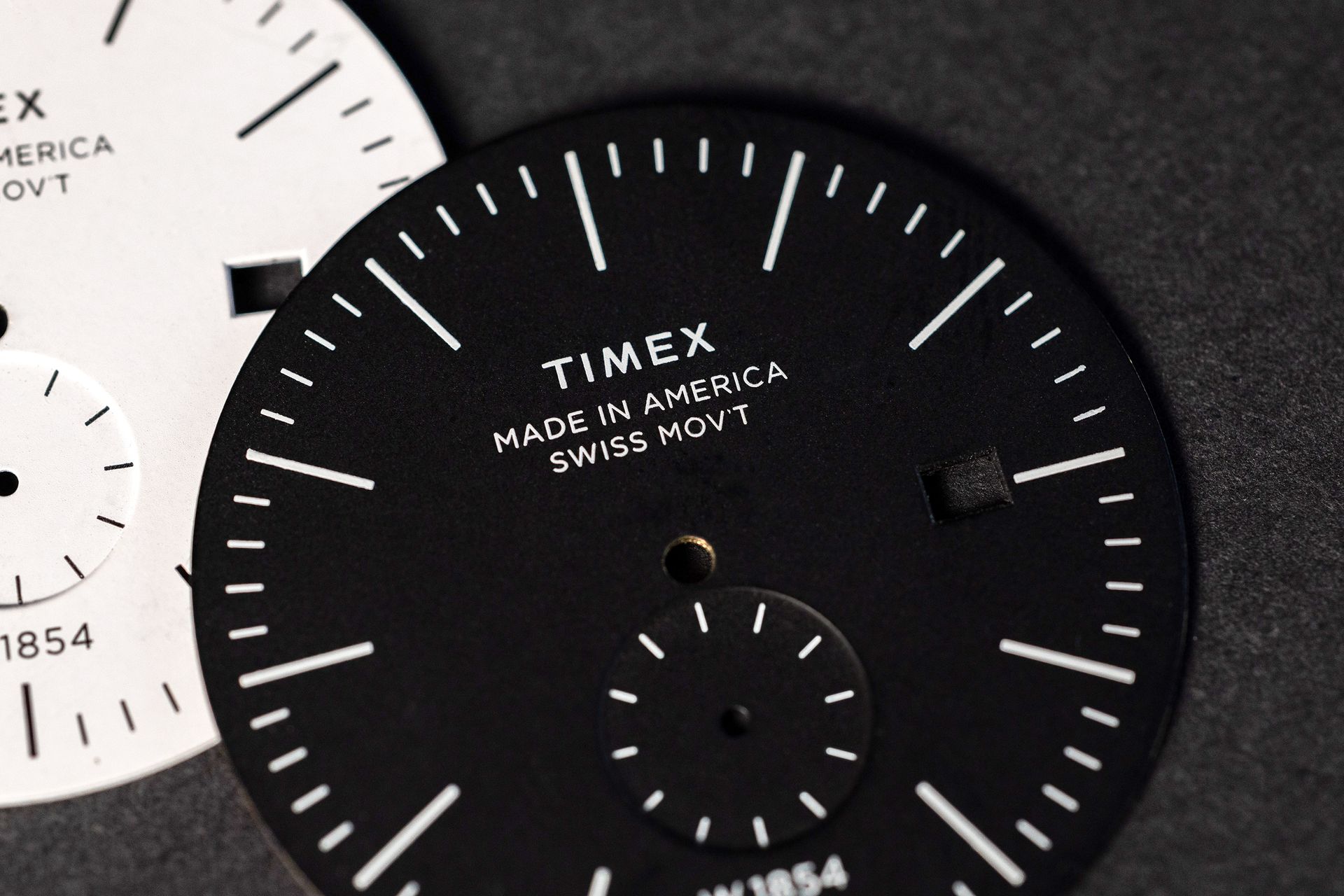SCREEN PRINTING
At Giering Metal Finishing, our expert screen printing services provide precise, high-quality markings for a wide range of industries and applications.
Screen Printing in North America
Connecticut Screen Printing Specialists
At Giering Metal Finishing, we specialize in providing top-tier screen printing solutions tailored to meet a variety of industrial and commercial needs. With decades of expertise, cutting-edge manual and semi-automated systems, and a commitment to precision, we ensure your parts and products are marked with exceptional clarity and durability. Our capabilities extend beyond standard screen printing, offering a comprehensive suite of part-marking options to suit your specifications.
What Is Screen Printing?
Screen printing is a versatile printing technique used to apply detailed designs, patterns, or text onto various surfaces, including metals, plastics, and other substrates. This process involves pressing ink through a fine mesh stencil (screen) onto the material, ensuring precision and durability in the printed design. Ideal for adding logos, markings, or functional elements to products, screen printing offers excellent color vibrancy and adhesion. It is a reliable method for achieving consistent results, even on complex or irregular surfaces, making it a preferred choice for industries requiring high-quality and durable prints.
Our Screen Printing Capabilities
We offer a versatile range of screen printing services, backed by advanced technology and a detail-oriented approach:
The Screen Printing Process
Our screen printing process is designed for accuracy and efficiency:
Trust Giering Metal Finishing
Giering Metal Finishing is your trusted partner for high-quality screen printing services. From military-grade markings to intricate designs on industrial components, we deliver consistent results that meet the highest standards. Whether your project requires robust durability or aesthetic precision, our team ensures your expectations are exceeded.
Let’s get started—call us at (203) 248-5583 or contact us today.
RELATED SERVICES
Quality & CONSISTENCY
Unmatched Quality, Proven Standards
At Giering Metal Finishing, quality is the cornerstone of everything we do. Utilizing advanced tools and rigorous quality control processes, we ensure each finish meets the highest standards for durability, consistency, and performance. From precise film thickness measurements to meticulous inspections, our team works diligently to adhere to your exact specifications.
Whether it's achieving flawless finishes, color matching, or delivering unmatched corrosion protection, our commitment to excellence ensures consistent results across every batch.
See our Specifications page for a list of the Military, Automotive & OEM powder coating specifications that we process.
industries
Common Uses for Screen Printing
Screen printing is widely used across various industries for its durability and versatility in part marking. Common applications include branding, labeling, and functional markings on products in the automotive, aerospace, military, medical, and industrial sectors, where precise and long-lasting prints are critical.
Frequently asked questions
Do you offer artwork creation if I don’t have a design?
Yes, our design team can create custom artwork and typesets from scratch. We also accept electronic artwork in vectorized formats like EPS or PDF for optimal clarity and precision.
Are your screen printing services compliant with military specifications?
Yes, we process military-grade markings in compliance with MIL-STD-130 and A-A-56032, ensuring adherence to stringent quality and durability standards.
What types of inks do you use for screen printing?
We use two main types of inks: Thermoset Inks, known for their chemical, humidity, and abrasion resistance on pre-coated metals, and Enamel Inks, which adhere to challenging surfaces like glass, metal, and wood while providing durability for outdoor applications.
WHY CHOOSE US
Choosing Giering Metal Finishing means partnering with a team committed to precision, quality, and reliability. With decades of expertise, cutting-edge technology, and trusted relationships with fellow finishers, we deliver tailored solutions and reliable recommendations beyond our specialty.
70 Years of Experience
Decades of proven expertise in solving complex challenges.
Comprehensive Capabilities
We offer a full range of finishing services under one roof.
Customized Solutions
Every project is tailored to meet specific industry and requirements.
Exceptional Support
Our team works closely with you, providing transparency.

Need it fast?
Expedited Services Tailored to Your Deadlines
At Giering Metal Finishing, we understand that sometimes strict deadlines call for urgent solutions. Our expedited services ensure your order is prioritized and completed faster than standard lead times, helping you stay on track without compromising quality.














